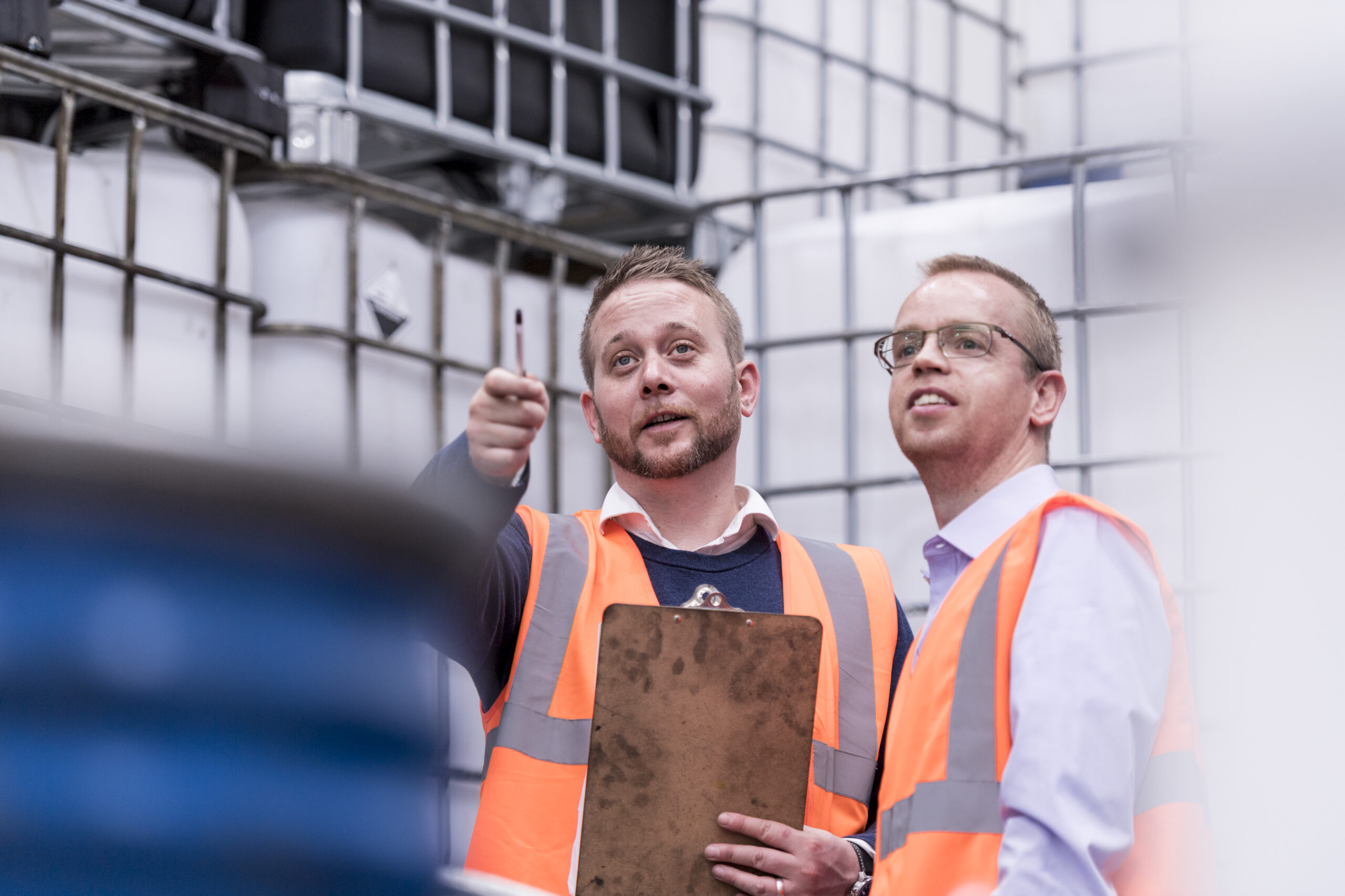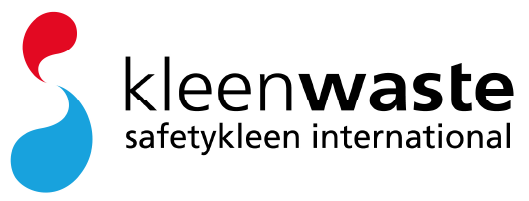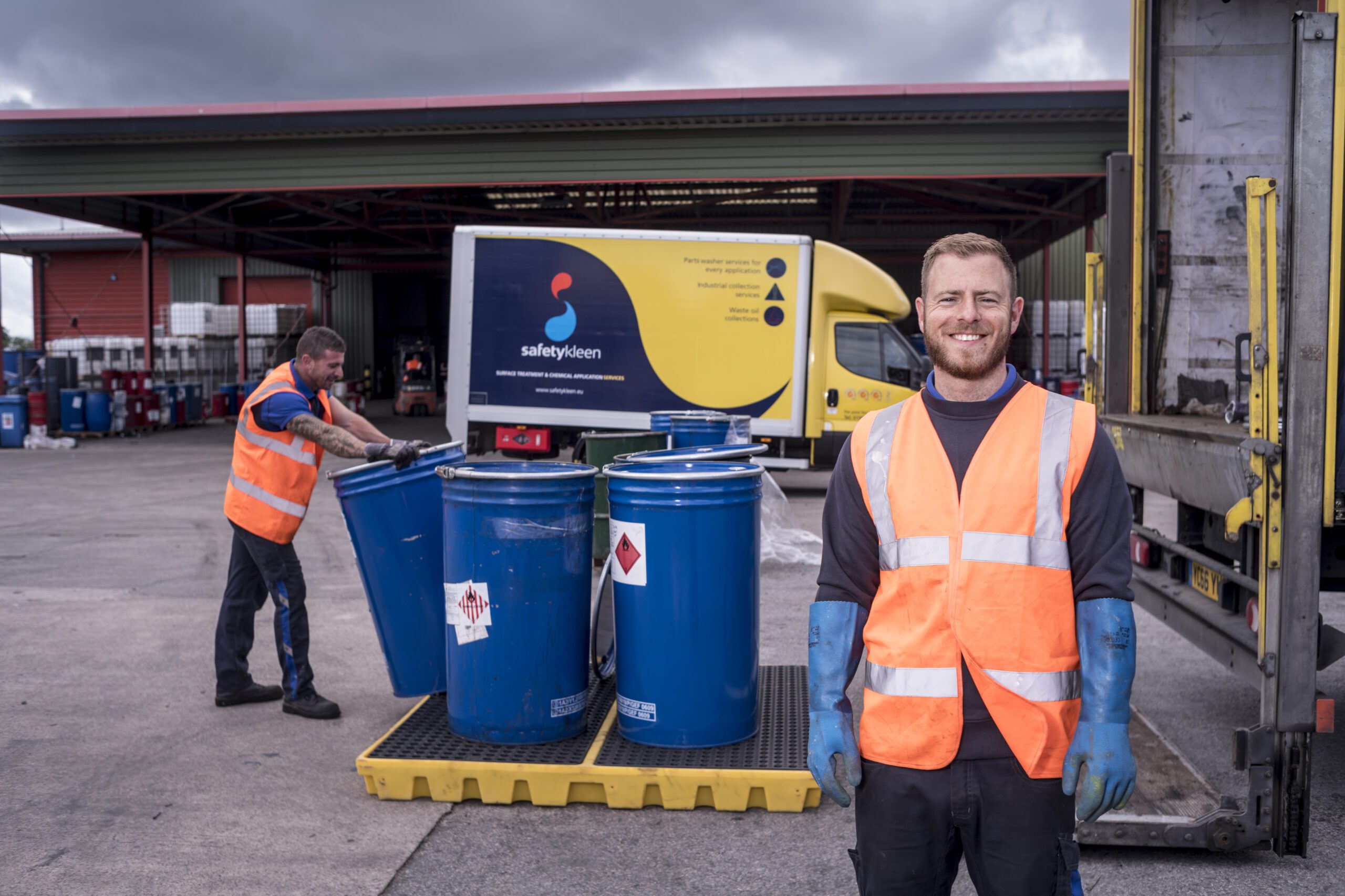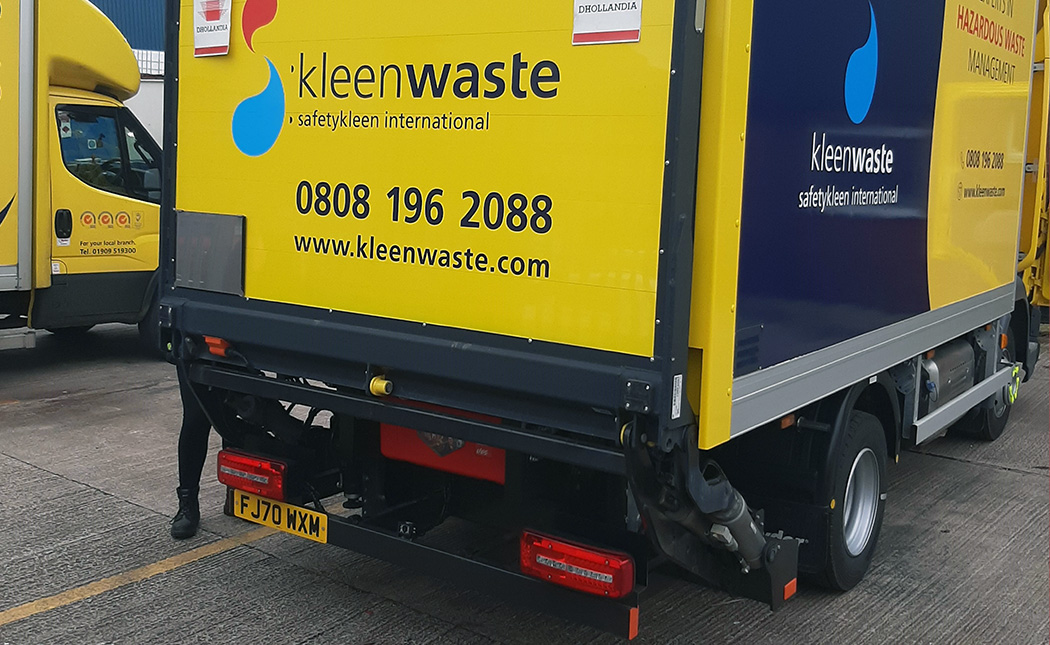

Most people are familiar with Volatile Organic Compounds (VOCs) as they relate to paint, cleaning products, new cars, and other materials. Volatile means evaporate, so VOC’s are those solvent ingredients that evaporate into the atmosphere as gases and include a variety of chemicals. VOCs are produced from natural processes, plants animals, and microbes. VOCs emitted by human activities include solvents used in coatings as well as thinners and cleaners.
Why are VOC’s important in environmental considerations?
VOCs are invisible chemicals that can be harmful to your health if left untackled. By their very nature, they evaporate into the air, and although some VOC’s are worse than others, they contribute to the depletion of the ozone layer and climate change. There are other problems with VOCs, because they evaporate, we can breathe them in which is not good for health. Solvent vapours can also cause explosive risks.
If they’re dangerous why are we using them?
VOCs for painting, air drying paint only works because the VOCs evaporate into the atmosphere during curing. The coatings industry has been working for a number of years to significantly reduce the levels of VOCs emitted from coatings, however, even waterborne paints contain VOCs albeit less than traditional paints. Also, to minimise the effects of VOCs when using thinners and paint, keeping lids on paint cans or getting your waste paint and thinners recycled can reduce your use of VOCs. Careful management of colour changes and ensuring that you avoid rework from poor coating application in the first place also can significantly minimise VOCs.
Find here some tips on how to record your use of VOC- Solvent Management Plans
UK legislation has put controls on the use of VOCs and their emissions in industry with a focus on reducing the amounts used and emitted. Local authorities or other permitting authorities will want to know the level of emissions a paint shop, for example, produces.
A requirement of which is that users of VOC containing materials must record the VOCs that have come into the site and have been used through a solvent management plan. The normal way to do this is to add up the VOCs in all paint product purchases made in a year and report on the total bought in and taken away with the remainder being the fugitive emissions produced onsite.
How do you find out all this information? Well, all containers of paint products should have the level of VOC printed on the label, you should record all waste paints taken away for disposal and also recycling as any solvents taken away for recover can be deducted from your total use, which can drastically reduce the amount of VOCs used.
Let our experts help your business on detailed consumption of your Volatile Organic Compound and reducing your environmental impact.



